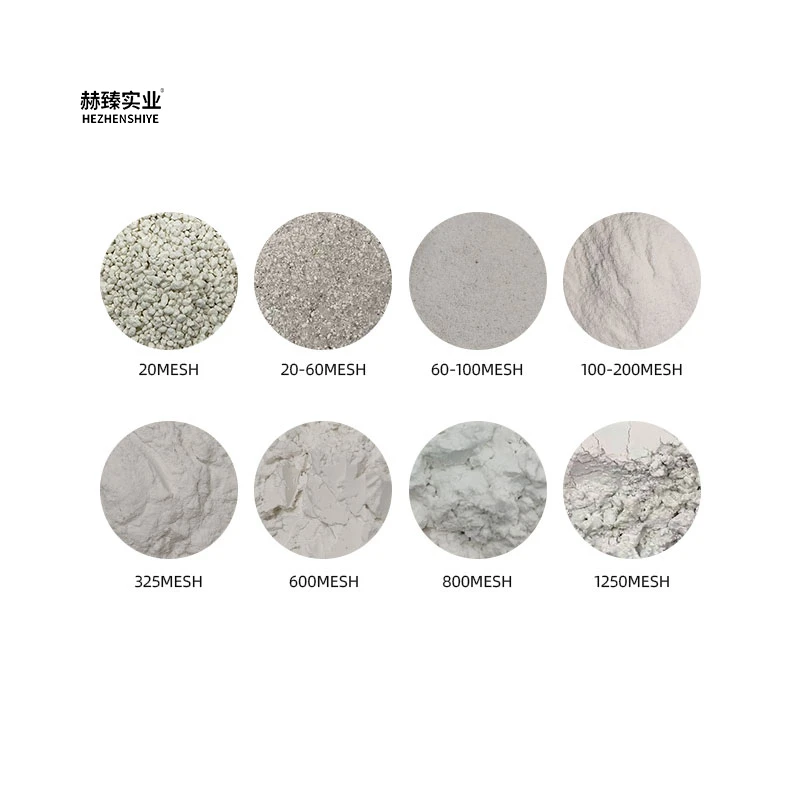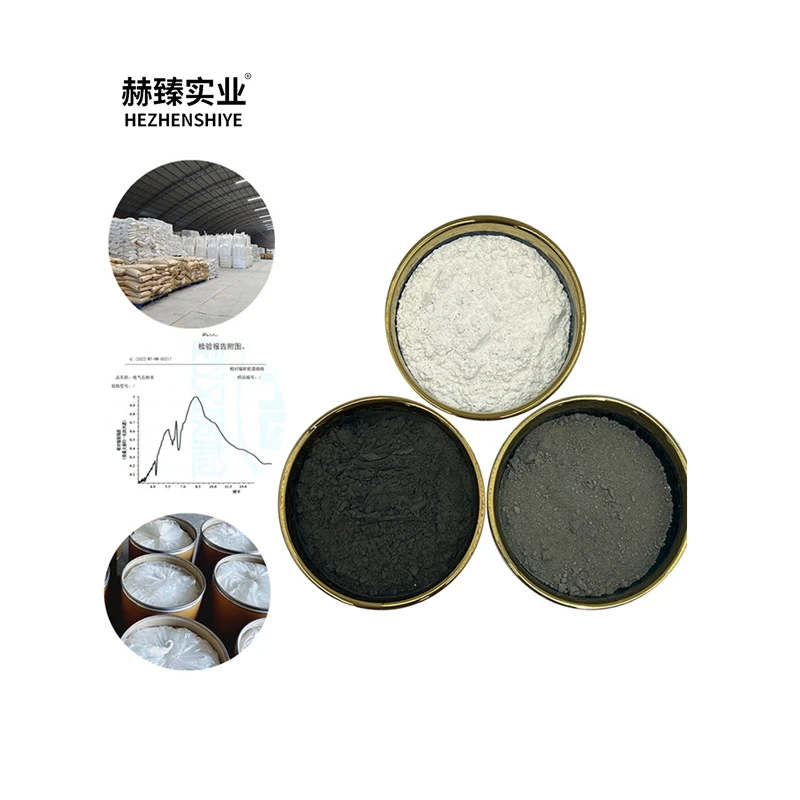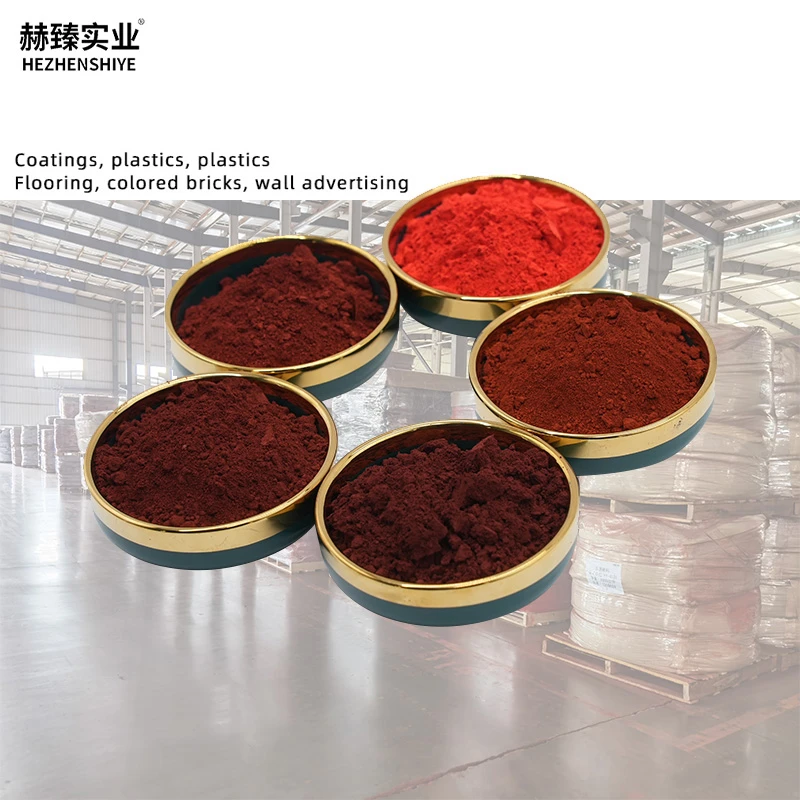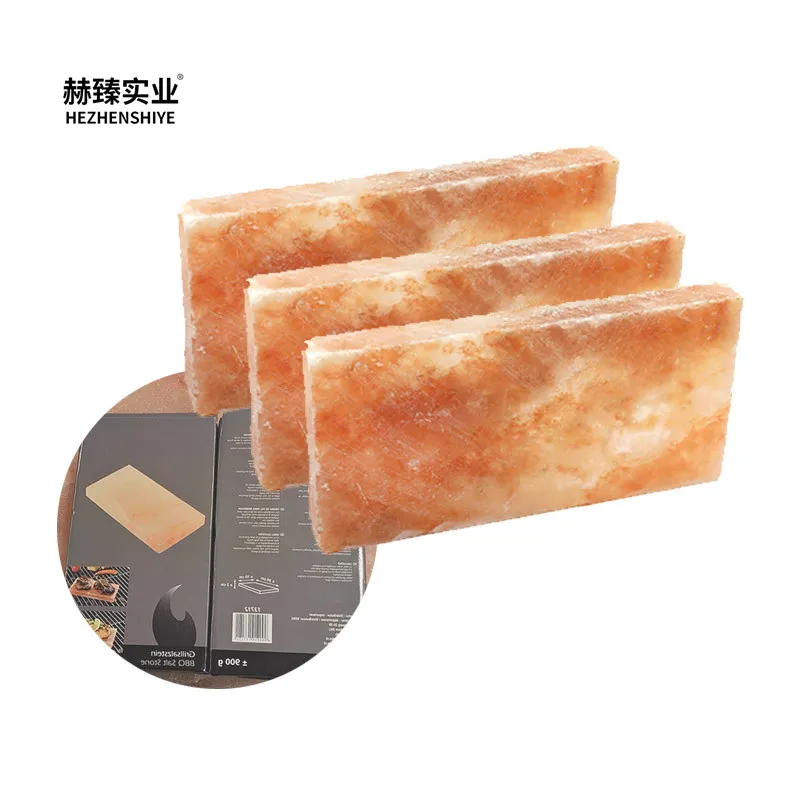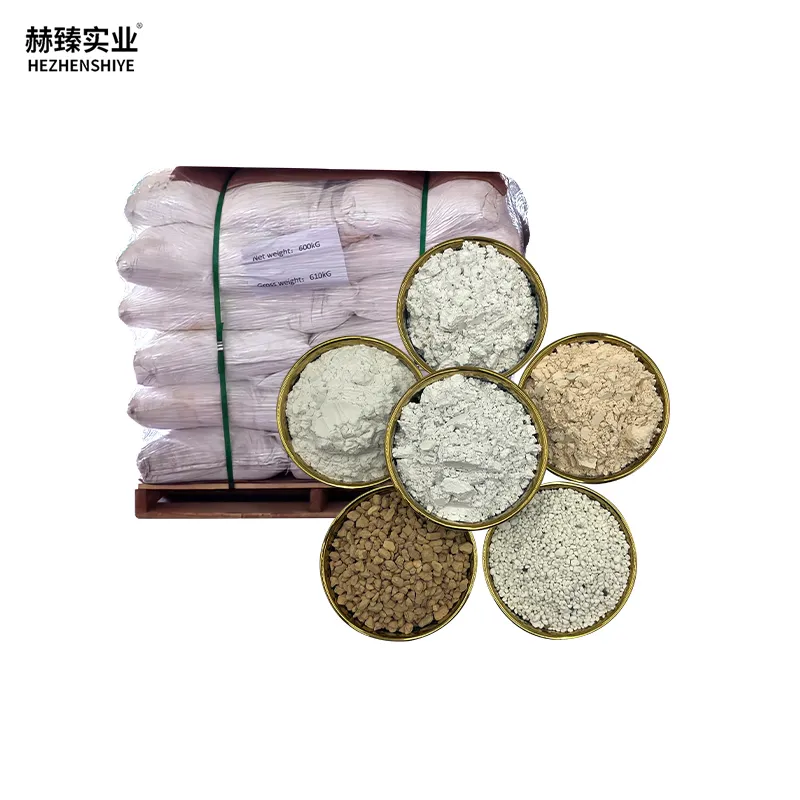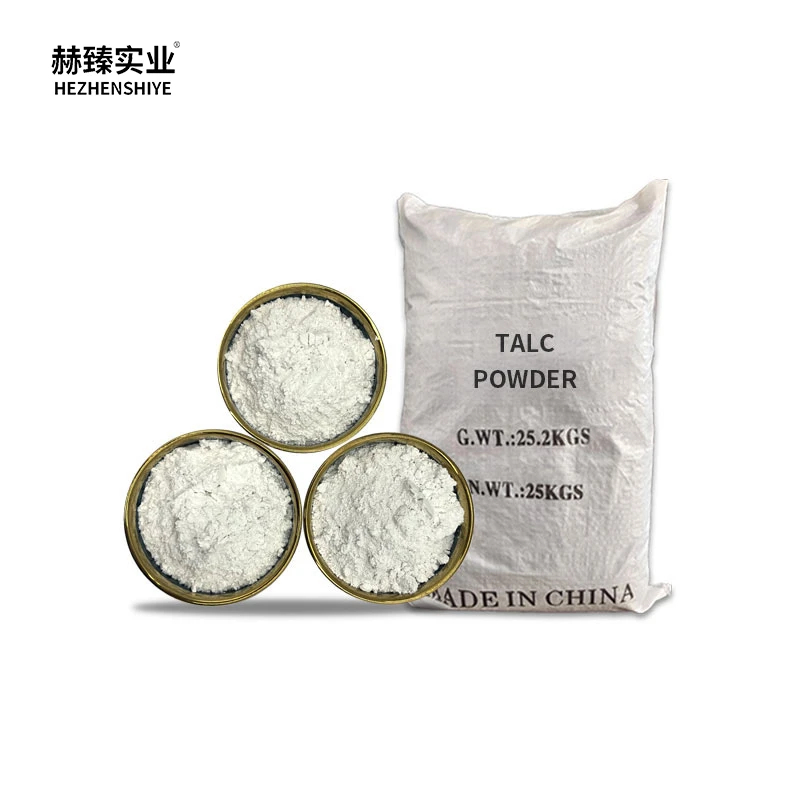Bentonite is a naturally occurring clay mineral primarily composed of montmorillonite, a hydrous aluminum phyllosilicate that gives it exceptional swelling capacity and adsorption properties. This unique mineral forms through the weathering of volcanic ash and is found in deposits worldwide, with its characteristics varying slightly based on geographic location and mineral composition. Bentonite’s ability to absorb large amounts of water—expanding up to 15 times its dry volume—and bind to organic and inorganic substances makes it a staple in numerous sectors, from environmental remediation to personal care. Unlike many synthetic materials, Bentonite is non-toxic, biodegradable, and cost-effective, which contributes to its long-standing use in both industrial and consumer applications. Whether used to seal barriers, purify liquids, or enhance product textures, Bentonite’s adaptability ensures it remains a critical resource across diverse fields.
Bentonite Clay, the powdered form of Bentonite, is widely recognized for its detoxifying and cleansing properties, making it a popular ingredient in personal care and cosmetic products
In skincare, Bentonite Clay is a common component in face masks, scrubs, and body wraps, as it effectively draws out excess oil, dirt, and toxins from the skin’s pores. Its fine texture also acts as a gentle exfoliant, removing dead skin cells to reveal a smoother, more radiant complexion. Beyond skincare, Bentonite Clay is used in hair care products like shampoos and conditioners, where it helps reduce dandruff by absorbing scalp oils and unclogging hair follicles. It is also found in natural deodorants, leveraging its ability to neutralize odors and absorb sweat without irritating sensitive skin. For those seeking holistic wellness solutions, Bentonite Clay is sometimes used in oral care products or as a component in detoxifying foot soaks, further highlighting its versatility in personal care.
Bentonit, a less common spelling variant of Bentonite, refers to the same mineral but is often used in regional or technical contexts, particularly in certain European and Asian industries
Like standard Bentonite, Bentonit exhibits strong swelling and adsorption capabilities, making it suitable for similar applications. In agriculture, Bentonit is added to soil to improve water retention and nutrient availability, especially in arid regions where moisture conservation is critical. It also helps bind soil particles together, reducing erosion and enhancing soil structure for better plant growth. In the construction industry, Bentonit is used as a lubricant in drilling operations, where it forms a viscous mud that cools drill bits, removes cuttings, and stabilizes boreholes. This variant’s performance is identical to Bentonite, with the spelling difference reflecting regional linguistic preferences rather than any variation in mineral properties.
Sodium Bentonite is a specific type of Bentonite enriched with sodium ions, which significantly enhance its swelling capacity and cation exchange ability compared to other Bentonite variants
This makes Sodium Bentonite ideal for applications requiring high water absorption and impermeability. One of its primary uses is in environmental engineering, where it is employed as a liner for landfills and hazardous waste sites. When hydrated, Sodium Bentonite forms a dense, low-permeability barrier that prevents the leakage of contaminants into soil and groundwater. It is also used in the oil and gas industry as a drilling fluid additive, where its high viscosity helps suspend drill cuttings and maintain wellbore stability. Additionally, Sodium Bentonite is utilized in the paper industry to improve paper strength and opacity, as it binds to cellulose fibers and fills gaps in the paper structure.
Bentonite for Ponds is a specialized application of Bentonite, specifically formulated to seal leaks and maintain water levels in man-made ponds, lakes, and reservoirs
Ponds often develop leaks due to porous soil, which allows water to seep into the ground over time. Bentonite for Ponds addresses this issue by expanding when hydrated, filling soil pores and creating a waterproof seal. To use Bentonite for Ponds, the clay is either spread directly over the pond bottom or mixed with water to form a slurry, which is then applied to leak-prone areas. This method is eco-friendly, as Bentonite is non-toxic to aquatic life, including fish, plants, and microorganisms. Bentonite for Ponds also helps improve water clarity by adsorbing suspended particles and organic matter, reducing turbidity and promoting a healthy aquatic ecosystem. It is a cost-effective alternative to synthetic pond liners, as it requires minimal maintenance and integrates naturally with the pond environment.
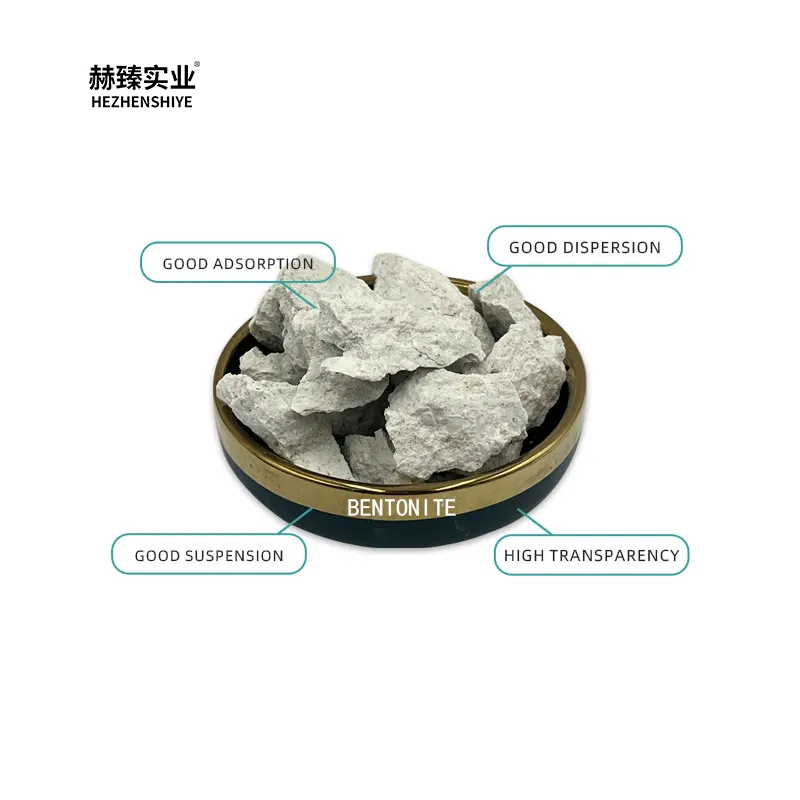
In summary, Bentonite and its variants—Bentonite Clay, Bentonit, Sodium Bentonite, and Bentonite for Ponds—offer a wide range of solutions driven by the mineral’s inherent properties of swelling, adsorption, and versatility. Bentonite serves as the foundational mineral, with Bentonite Clay excelling in personal care, Bentonit adapting to regional industrial needs, Sodium Bentonite providing enhanced performance for specialized engineering tasks, and Bentonite for Ponds offering an eco-friendly solution for water conservation. Across industries, from skincare to environmental protection, these variants leverage Bentonite’s natural advantages to address diverse challenges. As industries and consumers continue to prioritize sustainable, effective, and non-toxic materials, Bentonite and its variants will remain essential, solidifying their role as versatile clay solutions in the global market.
Bentonite Powder FAQs
1. What are the key properties and composition of bentonite powder?
Bentonite powder is a naturally occurring clay mineral primarily composed of montmorillonite, which is renowned for its exceptional water absorption capacity and swelling properties. This fine powder exhibits remarkable adsorption capabilities, high viscosity when hydrated, and strong colloidal suspension characteristics. Its unique layered silicate structure allows it to effectively absorb impurities and toxins while maintaining stability across various pH levels. The mineral composition also provides excellent cation exchange capacity, making it valuable for numerous industrial processes and applications.
2. How does bentonite powder function in cosmetic and personal care formulations?
In cosmetic applications, bentonite powder serves as a powerful cleansing and purifying agent due to its unique molecular structure. When incorporated into facial masks and scrubs, it acts as a natural detoxifier by drawing out excess sebum, environmental pollutants, and impurities from skin pores. The powder forms a gentle exfoliating texture that removes dead skin cells without causing irritation. For deodorant products, bentonite effectively neutralizes odors through adsorption while creating a protective barrier that maintains skin freshness throughout the day.
3. What industrial sectors commonly utilize bentonite powder and for what purposes?
Bentonite powder finds extensive use in foundation engineering where it serves as a crucial component in drilling muds for lubricating and cooling drill bits while stabilizing borehole walls. The environmental protection sector employs it as a sealing material for landfill liners and containment barriers due to its low hydraulic conductivity when hydrated. Additionally, metallurgical processes utilize bentonite as a binding agent in iron ore pelletization, while the agricultural industry incorporates it into animal feed as an anti-caking agent and digestive aid.
4. How does bentonite powder perform in water treatment and purification systems?
Bentonite powder demonstrates exceptional efficiency in wastewater treatment and purification processes through its superior adsorption and coagulation properties. When introduced to contaminated water, it rapidly attracts and binds suspended solids, heavy metals, and organic contaminants through both physical adsorption and ion exchange mechanisms. The swollen bentonite particles form flocs that settle quickly, clarifying the water while simultaneously adjusting pH levels toward neutrality. This natural purification capability makes it particularly valuable for treating industrial effluent and potable water.
5. What makes bentonite powder an effective component in pharmaceutical and medical applications?
Bentonite powder serves as a valuable excipient in pharmaceutical formulations due to its high adsorption capacity and chemical inertness. In medicinal products, it functions as a stabilizing agent for emulsions and suspensions while enhancing the consistency of topical preparations. The powder's demonstrated ability to bind toxins and bacterial metabolites makes it suitable for use in gastrointestinal medications where it soothes irritated mucous membranes. Its natural origin and biocompatibility further support its use in dermatological preparations for treating skin irritations and inflammations.






